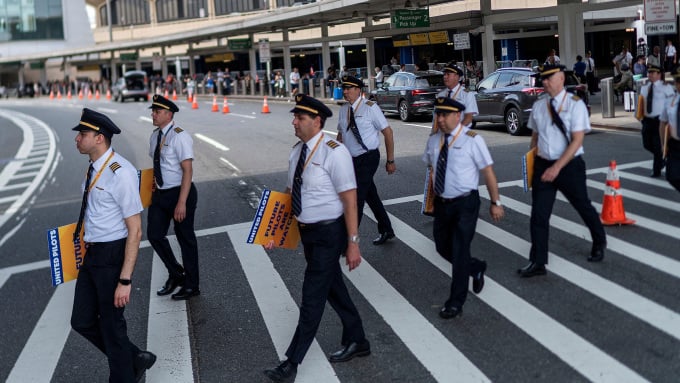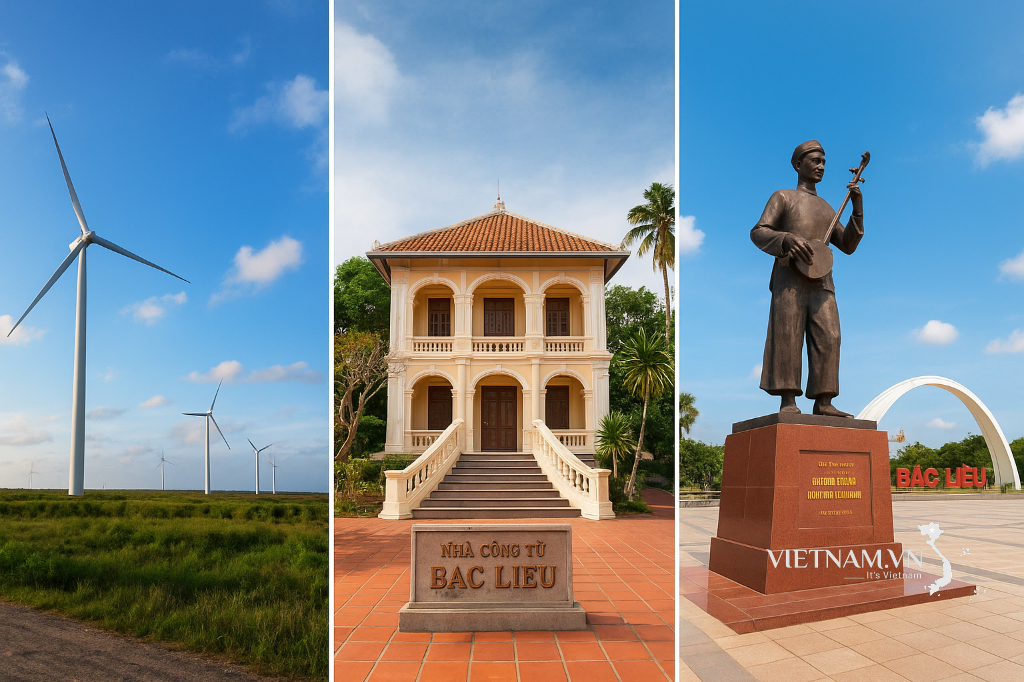The world 's aircraft fleet will double in size over the next 20 years, putting further pressure on pilot recruitment, according to the International Air Transport Association.
The International Air Transport Association (IATA) has just sounded the alarm, warning that the world will need to recruit approximately 500,000 to 600,000 pilots in the next two decades as the number of aircraft is expected to double by 2044.
According to figures released by Boeing in June, the total number of aircraft globally will reach 48,575 within the next 20 years, compared to 24,500 today. Airbus has made a similar forecast. A series of large orders from leading airlines worldwide are attesting to this future.
At the Dubai Airshow, which concluded on November 17th, Emirates caused a stir with its decision to purchase 90 Boeing 777X long-haul aircraft worth $52 billion, plus 15 Airbus A350s worth $5.5 billion.
Earlier in June, at the Paris Air Show, Airbus attracted attention with a "historic" order for 500 Airbus A320s worth 44 billion euros from Air India. The airline also reached a basic agreement to purchase 355 Airbus aircraft at a price of 53 billion euros from Turkish Airlines.
Marc Rochet, chairman of Air Caraïbes and the low-cost airline French Bee, said the steady increase in the number of commercial aircraft has created "pressure to recruit" pilots in recent times.

United Airlines pilots at Newark Liberty International Airport in Newark, New Jersey, USA, on May 12. Photo: Reuters
The pilot shortage first became apparent when long-haul flights began to recover from the Covid-induced downturn. This is because traveling to remote destinations requires a large flight crew. According to Alexandre Blanc, Executive Vice President of Flight Operations at Air France, five flight crews – or 10 pilots – are needed for a medium-haul aircraft, and 21-24 pilots for a long-haul flight.
The demand to avoid Russia due to the Ukraine conflict has further extended flight times from Europe to Asia and Japan by two hours. "We are exceeding the 13.5-hour flight limit, forcing airlines to increase the number of pilots per crew from three to four," added Alexandre Blanc.
Guillaume Hue, an aviation expert at the consulting firm Archery Strategy Consulting, said the pilot shortage is already a real problem. "This issue is limiting airline expansion even more than the aircraft shortage," he said.
Despite these warnings, the global pilot training system has yet to adjust its processes to meet IATA's predictions. In Toulouse, France, a total of 23 students graduate each year from the National Civil Aviation School (ENAC), according to Kirsty Benet-Scott, Head of Recruitment and Examination Management. She says nothing will change for the 2024 exam, meaning only 23 will be accepted out of 1,200 pilot applicants.
Air France itself trains 150 to 200 pilots each year, according to Blanc. However, this number is not enough to meet the airline's needs. After recruiting 424 pilots in 2022, Air France hired around 500 pilots in 2023 and will maintain this pace in 2024. These recruitment drives are related to the post-Covid recovery and the increase in routes.
In the U.S., pilots have turned the shortage into an advantage. This past summer, United Airlines and American Airlines agreed to pay increases, with United Airlines accepting raises of over 40%. But the pilot shortage will be most acute in the regions that are purchasing the most aircraft, particularly Asia and the Gulf region.
In these two locations, there had already been a wave of foreign pilots migrating to find work before the pandemic. "Many American pilots left China and the Gulf region to return to the U.S. after the crisis," Blanc said.
Both Rochet and Blanc predict the shortage will weigh more heavily on smaller airlines, where salaries are lower and opportunities for advancement are more limited. However, low-cost airlines are not necessarily at a disadvantage. Because they only operate on medium-haul routes, they allow pilots to go home each evening while offering salaries similar to those of larger airlines.
One solution to the pilot shortage may lie in technology. Airbus and Boeing are both developing cockpit operating systems that require only one pilot. In other words, an aircraft controlled by a single pilot. However, this would require changes in regulations and acceptance from both pilots and passengers.
Phien An ( according to Le Monde )
Source link




![[Image] The 14th Party Congress implements the content on personnel work.](/_next/image?url=https%3A%2F%2Fvphoto.vietnam.vn%2Fthumb%2F1200x675%2Fvietnam%2Fresource%2FIMAGE%2F2026%2F01%2F22%2F1769088146286_ndo_br_1-6165-jpg.webp&w=3840&q=75)

![[Photo] Voting for the 14th Central Committee of the Communist Party](/_next/image?url=https%3A%2F%2Fvphoto.vietnam.vn%2Fthumb%2F1200x675%2Fvietnam%2Fresource%2FIMAGE%2F2026%2F01%2F22%2F1769082445591_chi-9961-jpg.webp&w=3840&q=75)


































































































Comment (0)